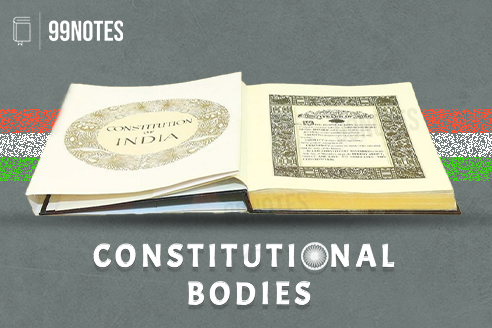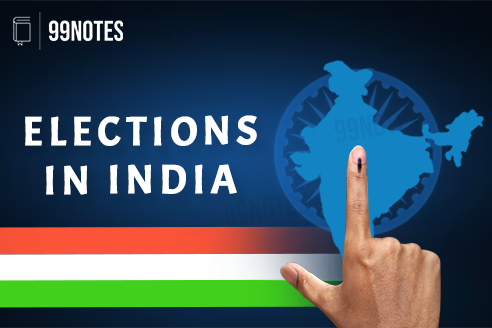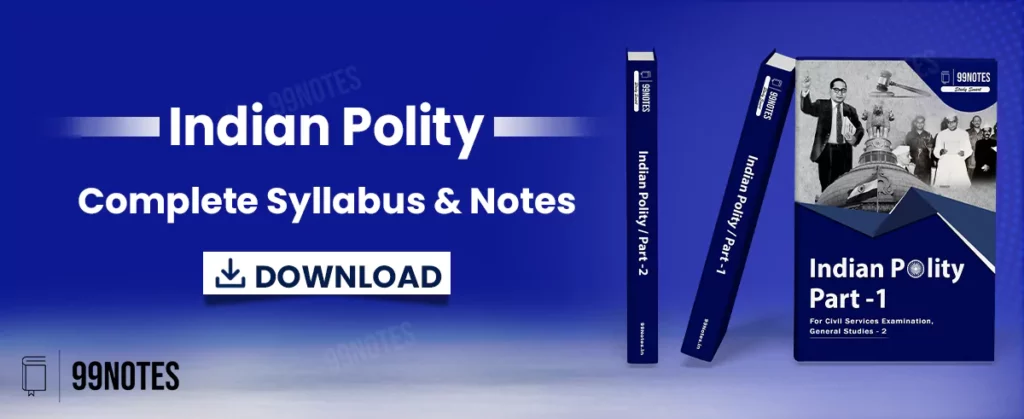
Complete Indian Polity Notes for UPSC
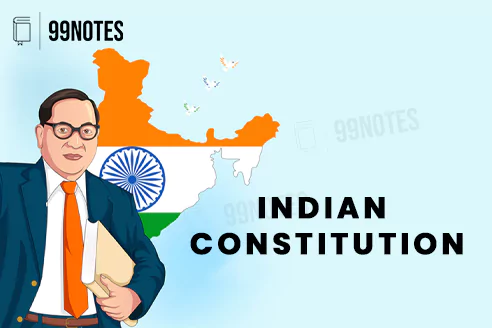
Indian Constitution
Reading the Indian Constitution is an important topic for the UPSC Civil Services Exam (CSE) because it is one of the fundamental sources of law in India. The Constitution of India lays down the framework for the government of the country and specifies the powers and duties of the various organs of the government.
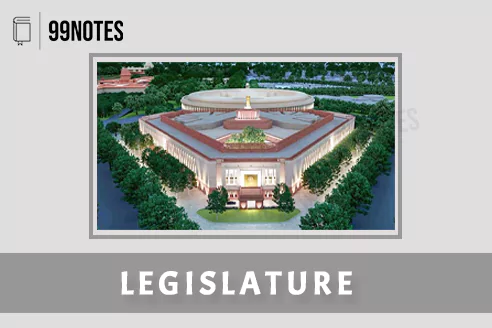
Legislature
Reading about the legislature is an important topic for the UPSC Civil Services Exam (CSE) because the legislature is one of the three organs of the government of India, along with the executive and the judiciary. The legislature is responsible for making laws for the country and represents the will of the people.
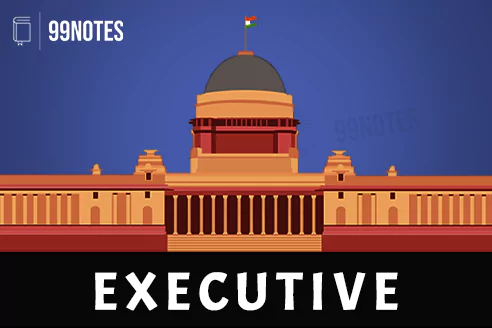
Executive
The executive is one of the three organs of the government of India, along with the legislature and the judiciary. The executive is responsible for the administration of the government and the implementation of laws and policies. In the Indian political system, the executive consists of the President, the Vice President, and the Council of Ministers, headed by the Prime Minister.
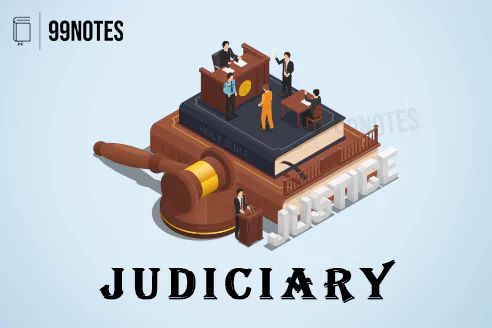
Judiciary
JUDICIARY The judiciary is one of the three organs of the government of India, along with the legislature and the executive. The judiciary is responsible for the interpretation and application of the laws of the country and for the administration of justice. In the Indian political system, the judiciary consists of the Supreme Court and other courts.
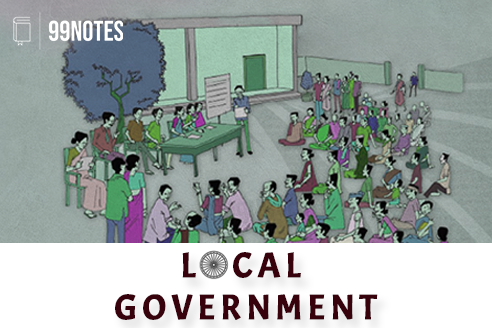
Local Government
Local Bodies refer to all such sets of governmental organisations and bodies that look after the administration of an area or small community such as villages, towns, or cities. In India, such institutions are generally referred to as the institutions of self-governance due to the presence of a social audit mechanism via the means of Panchayats. Therefore, these are also referred to as the Panchayati Raj institutions.
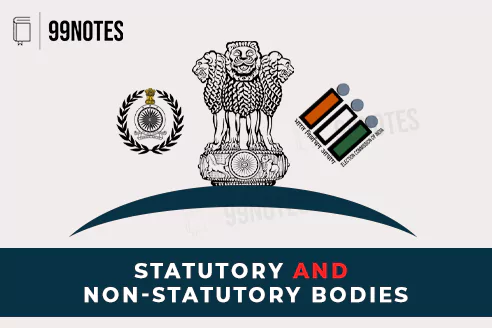
Statutory & Non-Statutory Bodies
Statutory and non-statutory bodies are organizations that are set up by the government or by private individuals or organizations to perform specific functions. In the context of the UPSC Civil Services Exam (CSE), candidates may be tested on their knowledge of statutory and non-statutory bodies and their functions, powers, and accountability. It is therefore important for candidates to have a good understanding of these concepts and to be able to apply their knowledge to real-life situations.

